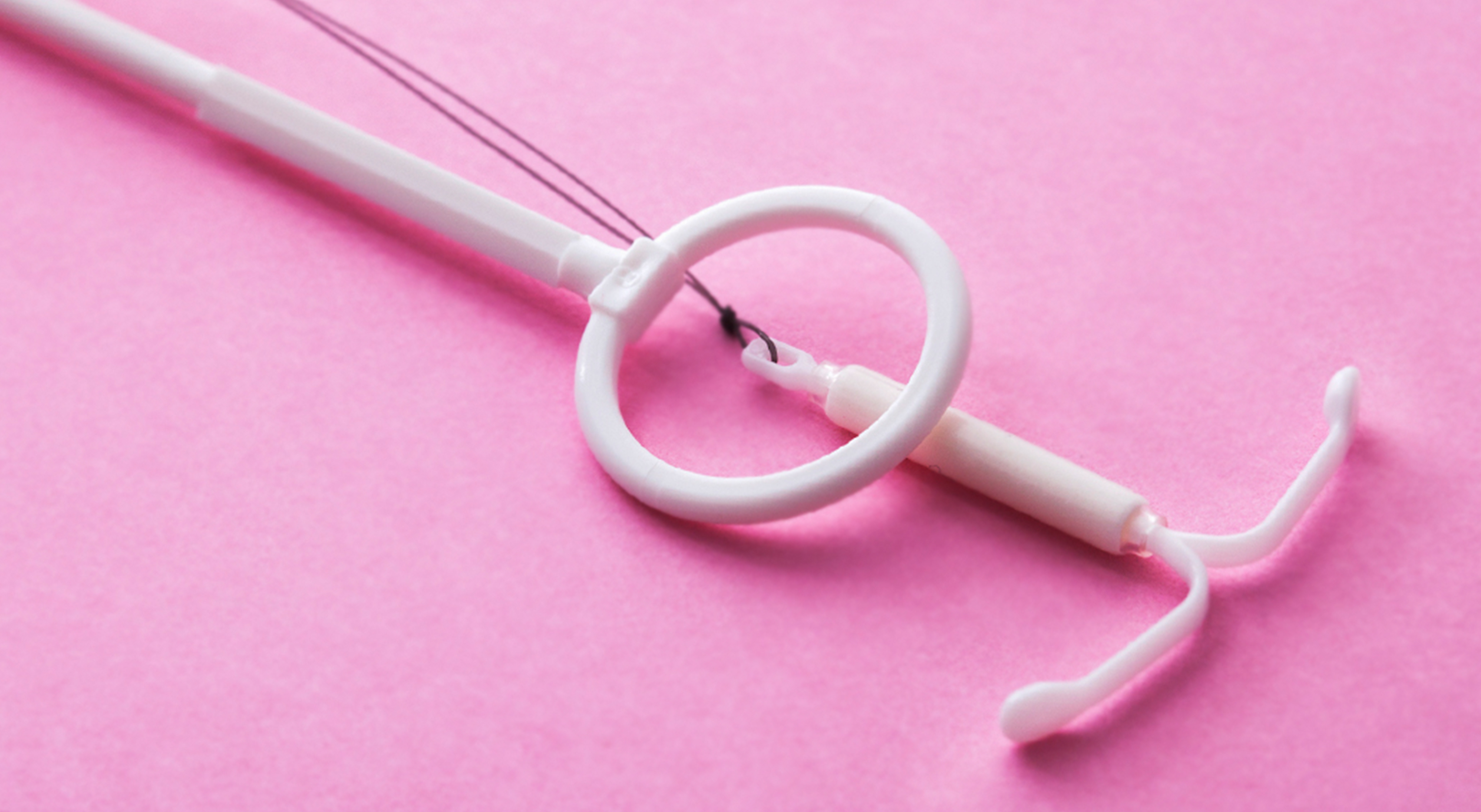Dear Di,
I’m the worst at taking a pill and I want to take charge of my own contraception, so I’ve been seriously considering getting an IUD. I was wondering what information I should know before making that decision. Can you help me figure out the facts?
— I(U)DK
Dear I(U)DK,
Intrauterine devices (IUDs) can be a great way to prevent pregnancy — they boast a success rate of over 99 per cent — but you’re right to look for information before deciding to make such a long-term decision.
HealthLink B.C. describes IUDs as small, t-shaped devices that are inserted into the uterus by a doctor. While understanding the basic premise is pretty common, a lot of the more nitty-gritty details remain a mystery to a lot of people.
For example, one of the choices you’re going to have to make if you decide to go the IUD route is whether you want a hormonal or copper device. Hormonal IUDs release the hormone levonorgestrel, and according to HealthLink, it’s slightly better at preventing pregnancy than its copper counterpart.
The copper version is more common, and does almost as good a job in terms of contraception. Both kill sperm in their own way; either hormonally, or, in the case of the copper, just by being toxic to them.
Another benefit of the IUD is for people suffering from endometriosis, a painful condition in which the endometrial tissue grows outside the uterus. According to endometriosis.org, hormonal IUDs can help relieve symptoms and provide an alternative to tragical treatment plans, which often involve taking pills or injections.
However, there are some risks and inconveniences to keep in mind, too.
The biggest risk for an IUD is expulsion. HealthLink’s numbers suggest that two in every 100 IUDs are expelled, which basically means they are pushed from the uterus to the vagina.
If this happens, you lose your protection. If this happens, you might be in some discomfort, you may experience bleeding, and you definitely lose any protection against pregnancy. This is relatively rare, and while it’s not particularly dangerous to your long term health, you should see a healthcare professional to have it corrected ASAP.
But in terms of using menstrual products alongside it, a lot of the whisperings that it’s problematic seem to be untrue. For all you menstrual cup users, the IUD shouldn’t be an issue. Diva Cup’s website does suggest having your strings trimmed by your doctor though so that they don’t interfere with cup placement. Also, this should go without saying, but make sure you release the seal before removing, otherwise, you might run into some problems.
Tampons shouldn’t be an issue, just make sure you know which string is which.
I hope this has answered some of the questions you might have about IUDs! Wishing you lots of sex and zero babies!
Love,
Di





